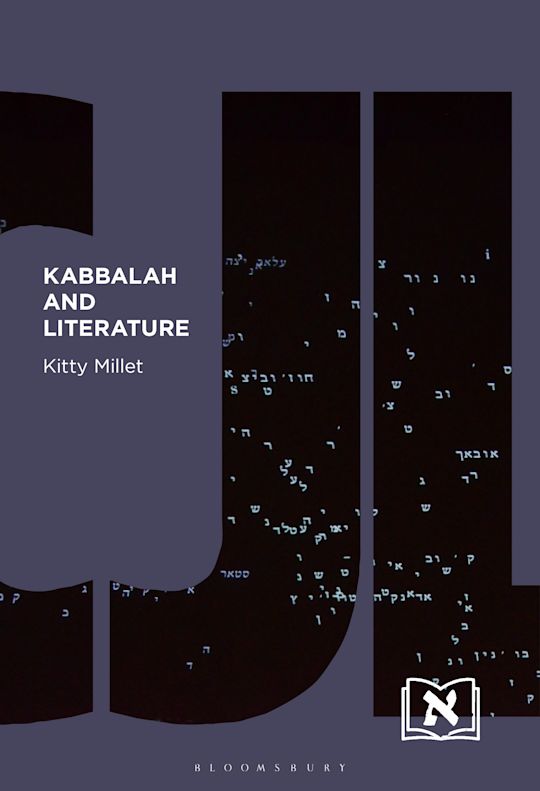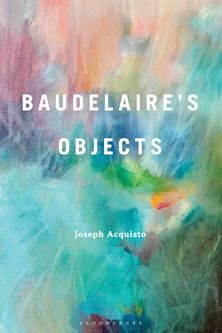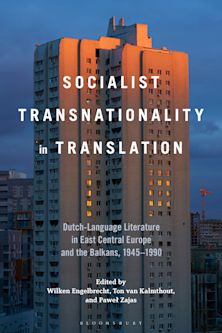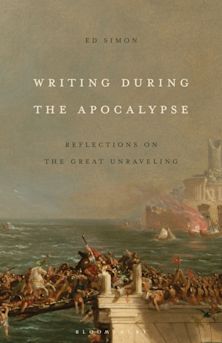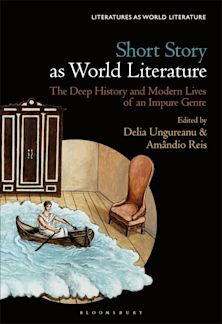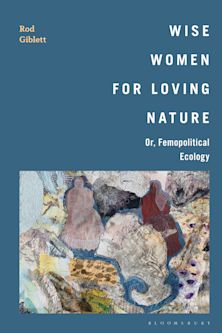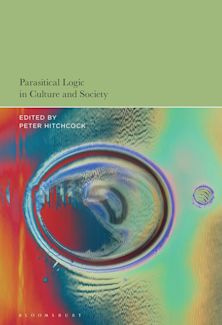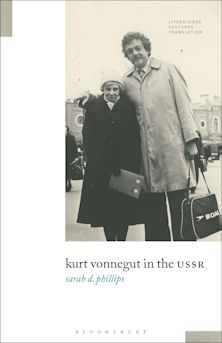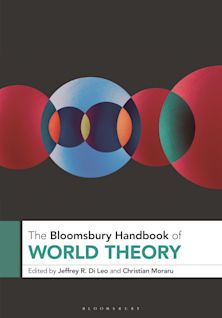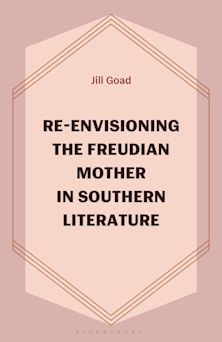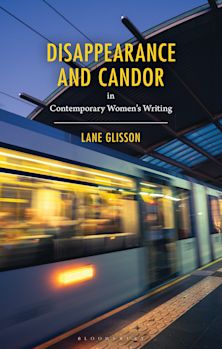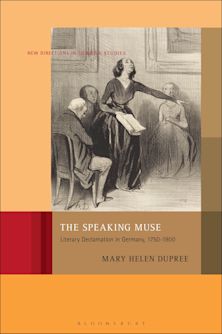- Home
- ACADEMIC
- Literary Studies
- Comparative Literature
- Kabbalah and Literature
You must sign in to add this item to your wishlist. Please sign in or create an account
Description
Focuses on a range of Jewish and non-Jewish writers to examine the intersection of Kabbalah, the Jewish mystical tradition, and secular Jewish literatures.
Kabbalah and Literature shows how the Jewish mystical tradition contributes to the renewal of literature in a modern, global, and increasingly disconnected age. Kitty Millet explores Kabbalah's conceptual underpinnings, aesthetic principles, tenets, and signifiers to demonstrate how literature's absorption of kabbalistic material has altered its ontology, function, and the tasks it sets for itself.
Reading writers from Europe and the Americas, Kitty Millet maps how the kabbalist's desire to "recover Eden" transforms into a latent messianic drive only intuitable through text. Thus it charts a journey of sorts, a migration of Jewish mystical material embedded surreptitiously within text in order to shift ever so slightly at times the range of the literary to encompass an aesthetic vision not easily reducible to the literal, the known, the allegorical, or even the philosophical.
In this way, Kabbalah and Literature proposes a novel, intuitive approach, shifting focus away from the Jewish text's epistemological elements to embrace its "secrets."
Table of Contents
Introduction: Preliminary Remarks
- Kabbalah in Fiction
- Literature, Mimesis, Fictional Genealogies
- Scholem's “Metaphysics” of Kabbalah and Literature
- Parsing the Kabbalah in Modern Fiction
Part 1. The Other's Path and the Redemption of Ben Aher
1. Jacob Frank, "Heretic of Kabbalah"
2. Heretics and Heresies of Innovation
3. Heinrich Heine, Poet/Prophet of the "Innovated Text"
4. Kafka, Prophet of Failure
5. Being and Nothingness: The Matter of Golems
Part 2. Letter Phenomenologies of Modernist Kabbalahs
6. Golems of Text and Bruno Schulz's "Interminable Aggadot"
7. The "Absolute Object" in Argentino's Basement
8. Lost Letters
9. "There Must Be Other Songs beyond Mankind"
Conclusion: Literature's Messianic Moments
Notes
Bibliography
Index
Product details

| Published | 11 Jan 2024 |
|---|---|
| Format | Ebook (Epub & Mobi) |
| Edition | 1st |
| Extent | 272 |
| ISBN | 9781501359699 |
| Imprint | Bloomsbury Academic |
| Illustrations | 1-2 b&w images |
| Series | Comparative Jewish Literatures |
| Publisher | Bloomsbury Publishing |
About the contributors
Reviews
-
[O]riginal, insightful, and illuminating readings of Heinrich Heine (chapter 3), Franz Kafka (chapter 4), Bruno Schulz (chapters 5 and 6), Jorge Luis Borges (chapter 7), and Paul Celan (chapter 9). ... Highly recommended [for] advanced undergraduates through faculty; professionals.
CHOICE
-
In a work rich in critical insight and alive to the power and magic of religious narrative and theology, Kitty Millet's marvelous new book argues for the fundamental role that Jewish mysticism and the Kabbalah have played in the formation of modern literature. In these pages, Millet proves herself to be a keen student of the mystics, enchanting us with discussions of language and its secrets while revealing new layers of meaning in some of the foundational texts of modern Western and Jewish literature.
Samuel Kessler, Assistant Professor of Religion, Gustavus Adolphus College, USA
-
Millet's Kabbalah and Literature is a bold and fascinating work. It embraces the idea of a secular kabbalah with both hands, carries the reader through four centuries of antinomian Jewish literature, and demonstrates how Lurianic and gnostic Judaism, unshackled from tradition but not from Jewishness, achieves a freedom to create, to innovate, and to sustain life within this world and on the written page. The book is lucid about devilishly complex matters. It is also exhilarating, powerful, and full of startling formulations that will haunt readers long after they have put it back on the shelf.
James Porter, Irving Stone Professor in Literature, University of California, Berkeley, USA
-
Neither a game nor a superstition, this book reveals kabbalah as a practice that dissolves and recomposes language, mimesis, and society in a supreme questioning of authority. With an astonishing flair for intellectual contact-tracing in a constantly shifting historical landscape, Kitty Millet opens to new scrutiny authors both canonical and little-known, as well as many ways of being Jewish.
Haun Saussy, Professor, Committee on Social Thought, University of Chicago, USA

ONLINE RESOURCES
Bloomsbury Collections
This book is available on Bloomsbury Collections where your library has access.









